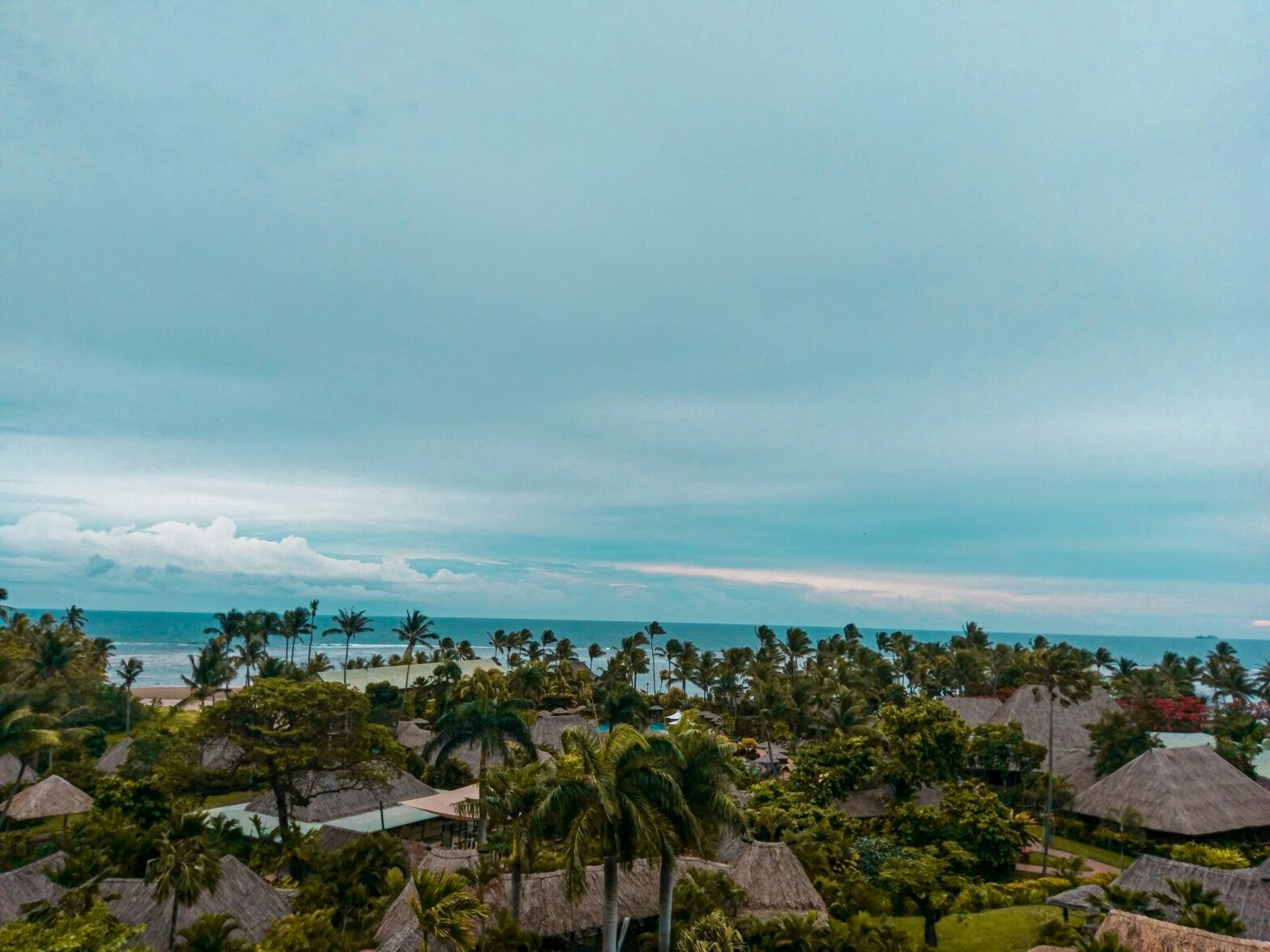On Tuesday, the Supreme Court voted to uphold the third iteration of President Trump’s travel ban targeting people from predominately Muslim countries in a 5-4 ruling, all under the argument that the nations included are a threat to national security and public safety in the United States. The countries affected by the ban are Yemen, Syria, Somalia, Iran, North Korea, Venezuela and Libya, and here are a few things you should know about the travel ban.
It Could Open The Door To More Countries Being Banned
After the ruling, many both in favor of and opposed of the ban have agreed that, with enough reason, the approval of the ban could lead President Trump to apply similar restrictions to other countries. There are no talks of banning any other countries, but the ruling just made a huge step in giving the executive branch of government, and particularly the president, more power.
The Restrictions Vary For Each Country
The level of restrictions for each nation will vary and each country was included for different reasons, but some residents of the countries will be kept out entirely while other nationals will be allowed for student exchange programs, as is the case with Iran. In the case of Venezuela, certain members of the government and their immediate families are also banned from entering the US, though the ban doesn’t impact the general population. CNN breaks down the restrictions for each nation here.
Relatives May Or May Not Be Admitted
It will vary case-by-case, but American citizens and US residents that have family members from the affected countries may be allowed to help their loved ones enter the country via waivers at the government’s discretion.





